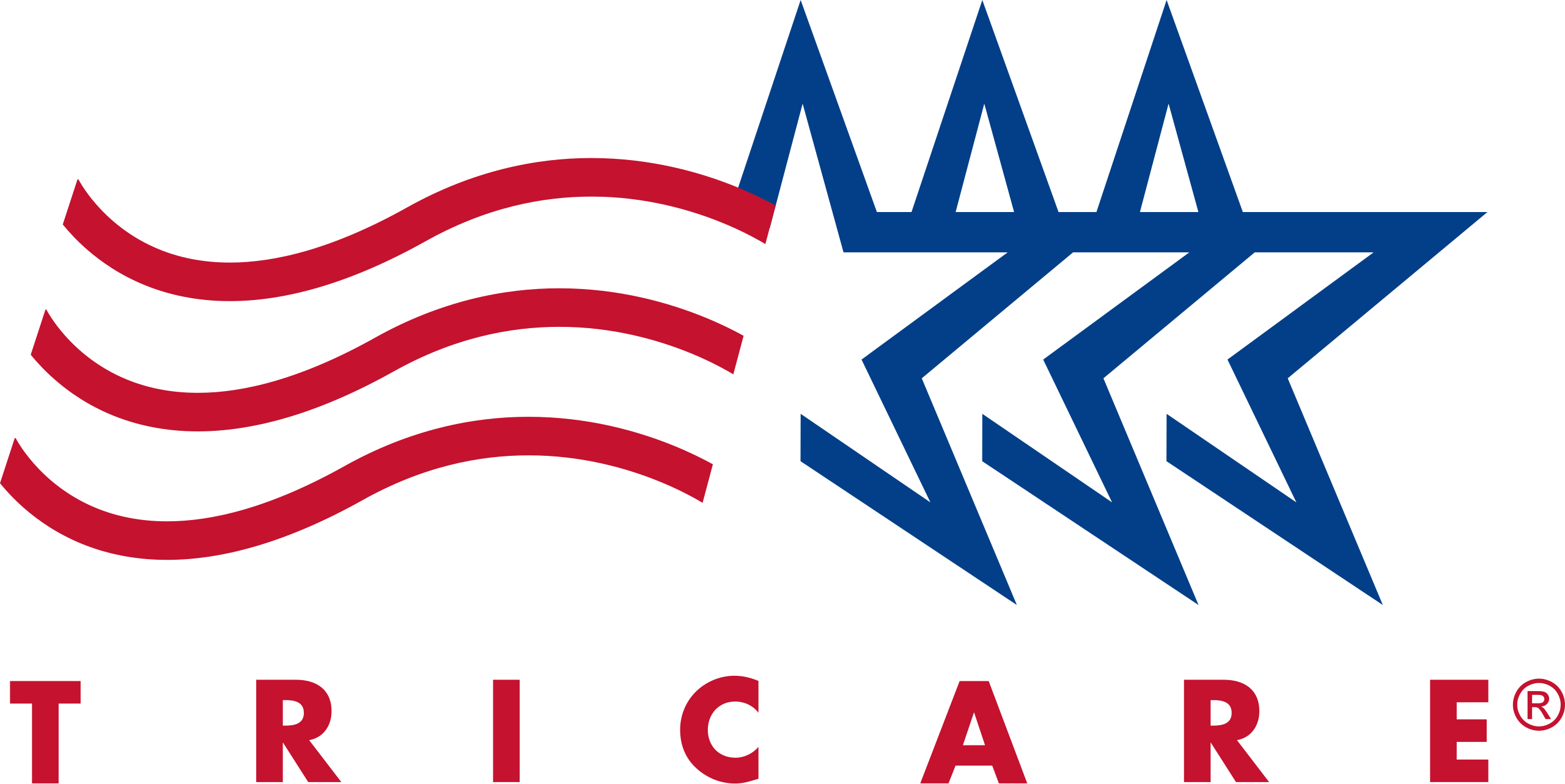When a loved one struggles with addiction, family members may feel helpless. They want to help but don’t know how. That’s where an addiction interventionist comes in. These professionals guide families through the intervention process, often helping loved ones enter treatment. Addiction is a disease that affects the mind and body. Without treatment, it can destroy lives and relationships. Learn more about what is an interventionist. Doing so can help you decide when you need one to encourage your loved one to seek addiction treatment.
What Is an Intervention?
An intervention is a structured conversation between a person with an addiction and their loved ones. Its goal is to encourage treatment. The intervention is planned carefully to avoid confrontation and ensure a positive outcome. A professional interventionist often leads the process.
Interventions create an opportunity for change. They bring together family, friends, and sometimes employers or colleagues. The goal is to help the individual see the impact of their addiction. Without intervention, many people continue harmful behaviors despite adverse consequences. A well-planned intervention increases the chances of acceptance and entry into treatment.
Signs an Addiction Intervention Is Needed
Not everyone with addiction needs an intervention. However, some warning signs indicate an intervention may be necessary:
- The person denies having a problem.
- Their addiction harms relationships, work, or health.
- They refuse treatment despite negative consequences.
- Their behavior becomes reckless or dangerous.
- Loved ones feel powerless or exhausted.
If someone’s addiction worsens, an intervention may be the best option. Constant relapses, legal trouble, and financial issues also signal the need for help. Friends and family often notice personality changes. The person may isolate themselves or act out aggressively. An intervention helps break the cycle before more damage occurs.
What Is an Interventionist?
An addiction interventionist is a trained professional who helps families and friends stage an intervention. They guide the process and improve the chances of success. These experts use proven techniques to motivate individuals toward recovery.
Interventionists specialize in addiction psychology and crisis management. They understand the emotional challenges families face. Their role is to mediate discussions and provide a structured approach. Without professional guidance, interventions can turn into arguments. A skilled interventionist keeps the conversation productive and focused.
What Does an Addiction Interventionist Do?
An interventionist plays a vital role in the intervention process. They:
- Educate families on addiction and recovery.
- Plan and organize the intervention.
- Mediate the conversation.
- Provide emotional support.
- Guide the individual toward treatment.
Additionally, they assess the severity of addiction and suggest the best treatment options. They also teach families how to set boundaries. This prevents enabling behaviors that make addiction worse. Their expertise ensures interventions remain constructive and goal-oriented.
What Are Intervention Services?
It is normal to wonder what are intervention services and how they might benefit your family. Intervention services often include pre-intervention counseling, strategy planning, and follow-up support. They educate families on addiction and help them communicate effectively.
The goal is to create a safe and productive environment where the individual feels encouraged to seek help. By using intervention services, families improve their chances of successfully getting their loved one into treatment.
When Do You Need an Addiction Interventionist?
When emotions run high, or family members feel lost, an interventionist provides structure. They bring experience in handling resistance and relapse concerns. Their presence can make a significant difference in convincing someone to seek help. Consider hiring an expert if:
- Past attempts to encourage treatment have failed.
- The person becomes defensive or aggressive.
- Family members struggle to communicate effectively.
- There is a history of mental illness or trauma.
- The addiction has led to severe consequences.
- The addiction has taken over their lives, and nothing else matters.
Questions to Ask When Choosing an Interventionist
An effective interventionist should have certifications in addiction counseling. They should also use evidence-based methods like the Johnson Model or ARISE intervention. Experience matters, so ask about previous cases. Family involvement is essential, so choose an interventionist who offers post-intervention support.
Finding the right interventionist is crucial. Ask these questions before making a decision:
- What are your credentials and experience?
- What intervention model do you use?
- How do you handle resistance?
- Do you provide follow-up support?
- What success rate do you have?
What Happens Before an Intervention?
Preparation is key. The interventionist helps loved ones write impact statements explaining how addiction has affected them. The focus remains on love and concern rather than blame. The team also prepares for possible objections. Having a solid plan increases the likelihood of a successful outcome.
Before the intervention:
- The interventionist meets with family members.
- They educate the group on addiction.
- A plan is created, including what to say.
- A treatment plan is arranged in advance.
- Everyone rehearses their role in the intervention.
What Does an Interventionist Do During an Intervention?
The interventionist remains neutral and prevents arguments. They help the individual see how addiction affects their life and loved ones. If the person refuses treatment, the interventionist reinforces boundaries and consequences. Their presence ensures the meeting stays productive.
During the intervention, the interventionist:
- Guides the conversation.
- Ensures a calm and respectful tone.
- Addresses objections or resistance.
- Keeps the discussion focused on solutions.
- Encourages the person to accept help.
What Happens After an Intervention?
The interventionist stays involved to ensure a smooth transition into treatment. They guide families on how to support recovery without enabling it. Continued support increases the chances of long-term success.
If the intervention is successful, the loved one enters treatment immediately. The interventionist may:
- Arrange transportation to a treatment center.
- Provide ongoing support to the family.
- Help with aftercare planning.
- Offer relapse prevention strategies.
What If the Loved One Won’t Start Addiction Detox Treatment?
An intervention is not always an immediate success. Some individuals need time to accept help. Families should stay strong and follow through with consequences. The interventionist can provide strategies for ongoing encouragement. Never lose hope. Many people eventually agree to detox addiction treatment.
Sometimes, a person refuses help. If this happens, families should:
- Stay consistent with boundaries.
- Avoid enabling behaviors.
- Seek continued guidance from the interventionist.
- Keep offering support when the person is ready.
- Remain hopeful and patient.
Get Help from an Addiction Interventionist in Southwest Florida
If a loved one struggles with addiction, professional help is available at Retreat of Broward. Our Southwest Florida treatment center offers medically supervised detox and addiction interventionist services. Our experienced team guides your family through the process and helps your loved one take the first step toward recovery. Contact us today to learn more about staging an intervention or starting detox treatment.
















